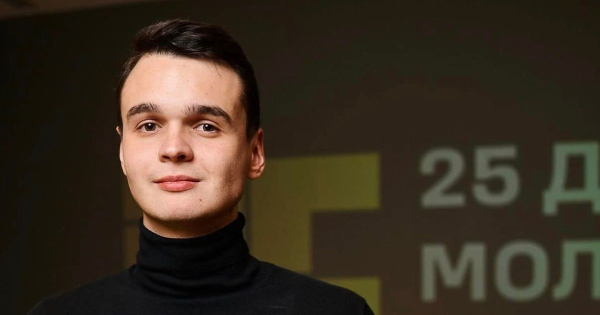
Flor Baena has spent decades trying to clear the name of her brother Jose Humberto, who was one of the last five people executed under General Francisco Franco’s fascist regime just two months before the dictator’s death in 1975.
But on Thursday (20 October), the leftist government’s Democratic Memory law tackling the legacy of the 1939-1975 dictatorship and the three-year civil war that preceded it was published in the official gazette. As of Friday it annuls all convictions for political, ideological, religious beliefs or sexual orientation.
“I want it to be all over the media saying that he was an innocent man who was executed by a firing squad…I want his honour to be restored and for him to go down in history as a murdered person, not as a murderer,” she told Reuters.
A military court sentenced 24-year-old Baena, a member of the Revolutionary Anti-Fascist and Patriot Front (FRAP), a leftist underground movement, to death for allegedly killing a police officer. Baena denied involvement in the killing. Testimony said he did not look like the shooter but this was not admitted by the court.
The executions, which also included two members of Basque separatist group ETA, on 27 September 1975, sparked outrage and protests in Spain and abroad.
Having unsuccessfully taken the case to Spanish courts and the European Court of Human Rights, Flor Baena, 69, welcomed the new law, but still lamented that their parents had died with her brother’s name still marred by murder.
The sister of Jose Luis Sanchez Bravo, another FRAP member executed on the same day as Baena, remembered the pain her mother endured after his death, which she said deprived her of the will to live.
“If at least my brother’s name is cleared, I’m satisfied,” Victoria Sanchez Bravo said about the new law that aims to eliminate loopholes and cover a wider range of victims and crimes related to Francoism, 14 years after the first memory law was passed.
But memory associations say it still fails to address key issues, such as having legal rulings on the actual crimes or bringing perpetrators to justice.
“We are not going to have that legal truth as it happened in Argentina, for example,” lamented Rosa Garcia of La Comuna association of Franco-era prisoners who, as a medicine student in 1975, was sentenced to two years for “unlawful propaganda and assembly”.
In a bid to heal the wounds, left and right-wing parties agreed on a Pacto del Olvido (Pact of Forgetting) in 1977 to avoid confronting a painful past and to ease the transition into democracy. However, Franco’s legacy remains a divisive issue in Spain, especially following the rise of the hard-right Vox party in the past few years.
Mass graves
With the new bill, the state will also promote the search and exhumations of victims buried in mass graves, which until now were handled by memory associations. Government estimates point to 114,000 civilians who disappeared, presumably killed by Franco forces during the war and throughout the dictatorship.
Earlier this month, several families received the remains of their loved ones from a mass grave in the eastern city of Paterna, where volunteers have so far discovered a total of 154 such graves, exhuming 1,200 victims.
Up until July, the government has given the green light to 448 exhumation projects, including one in central Valladolid where associations hope to recover 160 victims.
Under the new law, studies of the legacy of Francoism will be part of the compulsory school programme and required for seekers of civil service jobs. Until now, Francoism was included in the school history programme but rarely addressed in detail.
Carles Vallejo, a former trade unionist who fled into exile in 1971 after being convicted of unlawful assembly and propaganda, hopes such teaching will raise awareness in younger generations.
“This could be the antidote to the rise of neo-fascism, post-fascism, or the extreme right in Europe,” he said, lamenting that Spain had not provided such education earlier to explain the dangers of Francoism and other dictatorships and how they curtail rights and freedoms.
Source: euractiv.com



